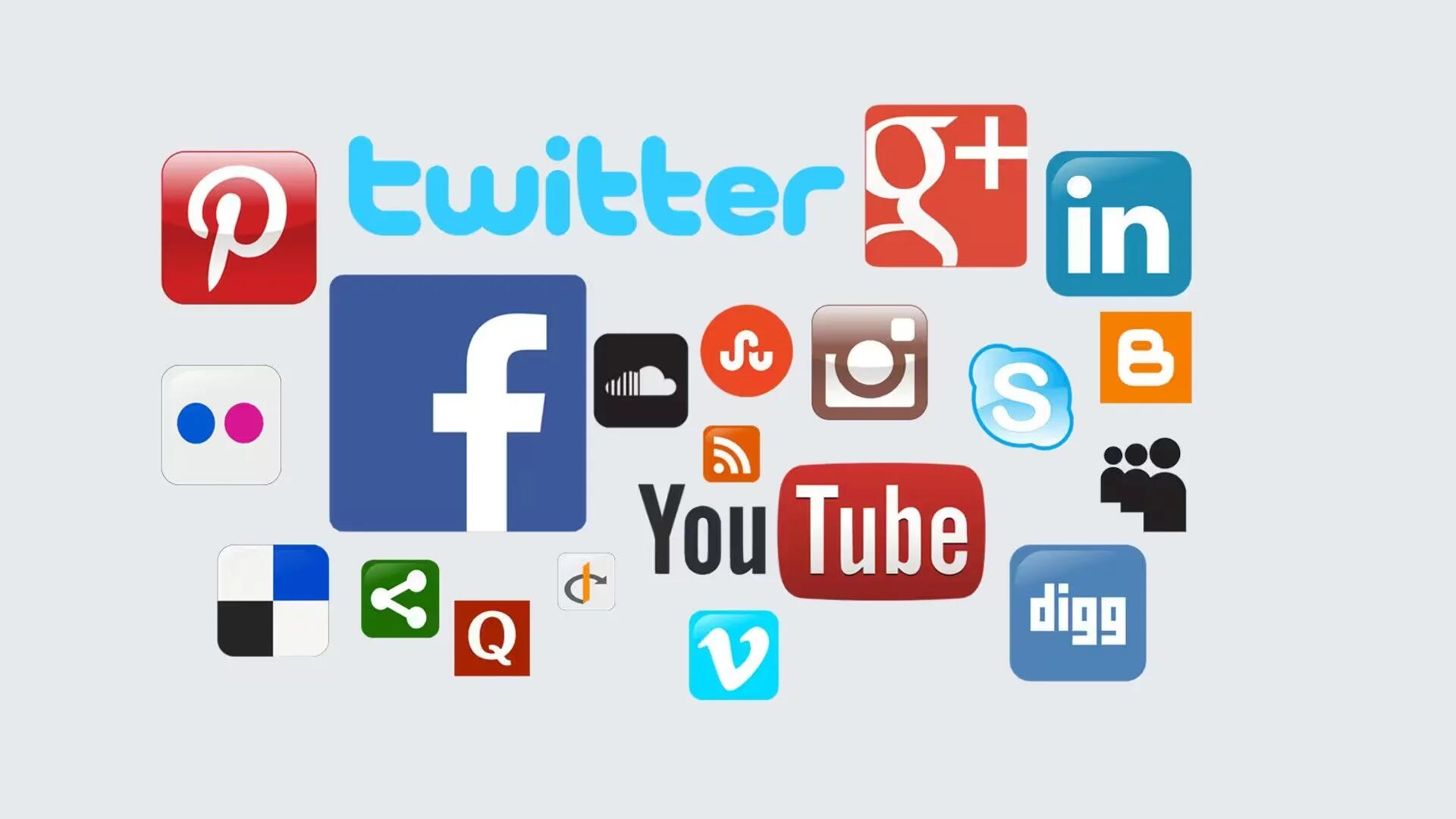Social media has become an integral part of our daily life. It has forever changed the way we communicate with our friends and families and do our business. The power of social media encompasses communications, connections, and how we gather news, stories, and other pieces of information. However, as we all know, social media is not without risks.
Social media is a culmination of tons of information being converged in one location, which makes it a vulnerable target. With the whole world as your potential audience, anybody can see what you are doing, what you are up to, and even know your whereabouts. With the many high-profile hacks taking center stage in recent years, it is about time to be aware of what you put out there and to start developing safe and secure online habits when it comes to protecting your social media.
There are simple and effective ways to prevent these mishaps from happening. Whether you are concerned about protecting your personal account or your business account, these are 7 simple tips one should consider to improve privacy and security of Social Accounts.
1. Use Strong Passwords & 2-Step Authentication
This is basic. Always create a strong password with a mixture of numbers, symbols, and capital and lowercase letters. You do not have to create so complexly that require you to write it down, but at the same time do not make it simple. For example, research has shown that passwords that contain phrases like “23!Since!Draw!Britain!69” is more secure than something like this “qwerty555”. And, they are also easier to remember, thus removing the need to write it down. You can read our Do’s and Don’t for selecting a strong password to get more idea.
Keep security on your social accounts consistent by changing your password once every three months. Also, if the social network supports 2-step authentication, then it is always recommended to enable them. This way even if your password is compromised, you will at least have an additional level of protection.
2. Never Use Default Settings
Default settings are privacy settings that are automatically set upon creating a social media profile. The trouble is that most of these settings represent the loosest security standards on any given social media platform. Some social networks employ weak privacy settings to show ads and sell user data. To secure your profile, manually change your privacy and security options under “settings”.
3. Keep Personal And Business Life Separate
Even though it may seem to be a hassle to establish two separate accounts (your personal and your business account) it is safer to keep them separate. Hackers may target both your business and your employees. If they figure out one set of login info, they will have access to multiple accounts. Also, you may do not want your personal life and opinions to affect your business relationship with your employees and clients. In the case of business accounts, be sure to also limit admin privilege to employees who need it.
4. Think Twice Before You Share Something
Obviously, sharing pictures of your vacation or your child’s birthday party with friends and families is what social media is for. However, you want to be careful to not share it with people you do not trust. Sharing your private life in public is the worst thing you can do to yourself.
5. Do Not Share Your Personal Details On Networks Like Reddit, Forums, etc.
Never post your personal information in social media and make it available for everyone and anyone. “Even if you trust your friends’ list, they could have others who access their accounts and can see your information. With it, they could easily commit identity theft and use that info to compromise any of your accounts.”
6. Do Not Add Strangers Into Your Personal Circle
This is a no-brainer. Never, ever add people you do not know to your personal circle. Instead, add them to a group where you will not be posting any personal information. Also, check their accounts to see any questionable activity to make sure you are not adding someone who could get you into trouble.
7. Delete Accounts Your Are Not Using
There is no sense in holding on to account that is not being managed and has the potential for hacking. Even though the account is not in use, a hacked account potentially can expose other sensitive information about yourself or others around you.
A few last words
Social media platforms work because of the sharing of data. They act as a conduit to host, display, communicate and transact data. These data, by the very nature of social media, are most often personal. The privacy implications of this free-flowing data are massive; in fact, it can be argued that we have never before, in human history, had to deal with such an impact on our privacy and our security. We hope the above tips can help protect you and your loved ones from cyber criminals.
See Also
- 7 Do’s And Don’ts For A Good Password And Strong Security
- 10 Free Malware Removal Tools For Windows
- 4 Easy Ways to Boost Cybersecurity Following WikiLeaks’ CIA Revelations
- 10 Free Cloud Storage Services
